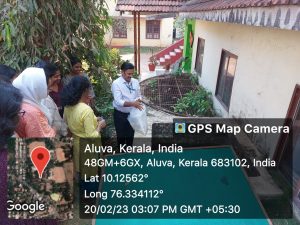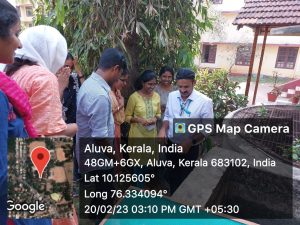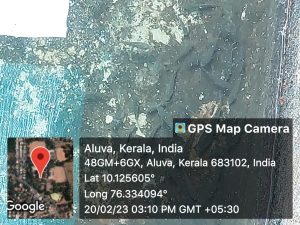Best Practices
- Biodiversity Register
The Biodiversity Register for Union Christian College has a primary objective of systematically documenting and monitoring the wide range of species diversity and ecological characteristics that exist within the college campus. This initiative serves as a detailed and all-encompassing repository of the animal species found within the college environment. By meticulously cataloging and tracking the various forms of biodiversity, the register provides valuable insights into the intricate web of life on campus, allowing for a deeper understanding of the ecological dynamics at play. Furthermore, the register acts as a vital tool for researchers, educators, and conservationists, enabling them to analyze trends, identify species of concern, and develop targeted conservation strategies. Through this ongoing effort, the Biodiversity Register contributes to the college’s commitment to environmental stewardship and fosters a greater appreciation for the rich biodiversity present in our immediate surroundings.
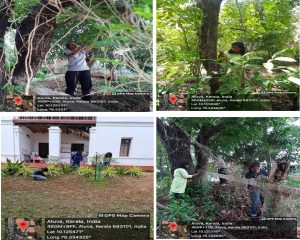
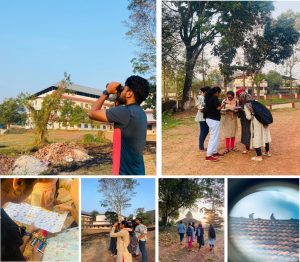
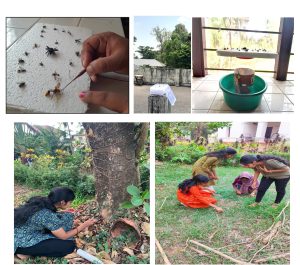
- GIFT tilapia Culture
The introduction of GIFT (Genetically Improved Farmed Tilapia) culture in our college campus has marked a significant step towards sustainable aquaculture and promoting food security. Through collaboration with the Rajiv Gandhi Centre for Aquaculture (RGCA) located in Vallarpadam, Kochi, we were able to acquire approximately 50 tilapia seeds to initiate the culture. GIFT tilapia, known for its fast growth, high survival rates, and disease resistance, offers great potential for freshwater aquaculture systems. By integrating this culture within our campus, we aim to not only provide hands-on learning experiences for students interested in aquaculture but also contribute to the production of nutritious and locally sourced fish. This initiative aligns with our college’s commitment to environmental sustainability and serves as a model for promoting responsible aquaculture practices. By expanding and enhancing the GIFT tilapia culture, we aspire to further explore the benefits of aquaculture while fostering a greater understanding of the interconnections between human activities and the environment.
